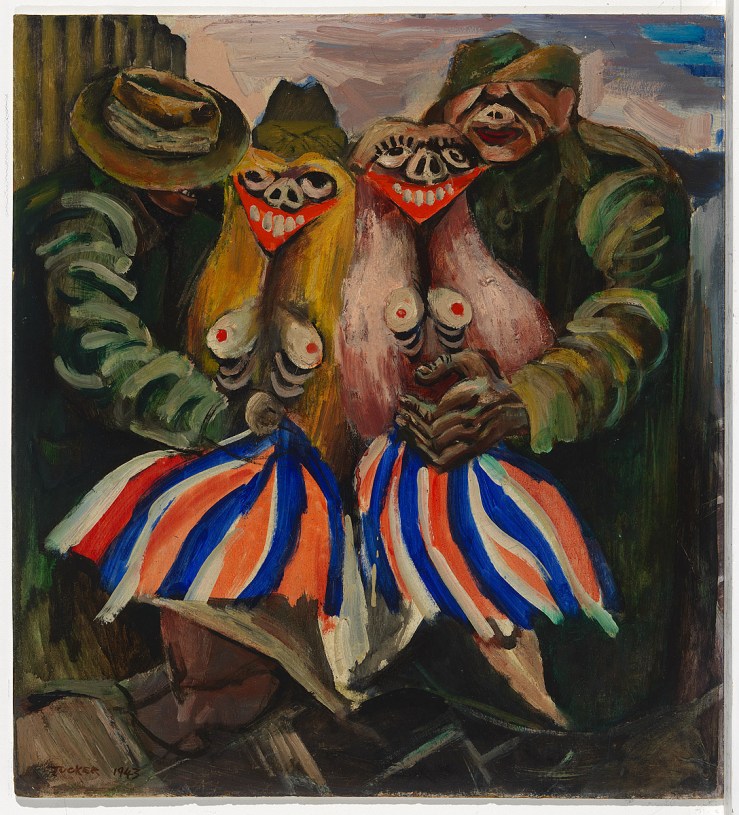In an essay published today at the LRB, Slavoj Žižek addresses the current, disparate waves of protest around the globe and explores the
difference between a reformist and a revolutionary period: in a reformist period, global revolution remains a dream which, if it does anything, merely lends weight to attempts to change things locally; in a revolutionary period, it becomes clear that nothing will improve without radical global change.
Žižek continues:
Where do we stand today with respect to this difference? Are the problems and protests of the last few years signs of an approaching global crisis, or are they just minor obstacles that can be dealt with by means of local interventions? The most remarkable thing about the eruptions is that they are taking place not only, or even primarily, at the weak points in the system, but in places which were until now perceived as success stories. We know why people are protesting in Greece or Spain; but why is there trouble in such prosperous or fast-developing countries as Turkey, Sweden or Brazil? With hindsight, we might see the Khomeini revolution of 1979 as the original ‘trouble in paradise’, given that it happened in a country that was on the fast-track of pro-Western modernisation, and the West’s staunchest ally in the region. Maybe there’s something wrong with our notion of paradise.
If the examples in the above paragraph seem too concrete for a Žižekian riff, don’t worry. Our philosopher addresses what he takes to be the ideological underpinnings of protest:
It is also important to recognise that the protesters aren’t pursuing any identifiable ‘real’ goal. The protests are not ‘really’ against global capitalism, ‘really’ against religious fundamentalism, ‘really’ for civil freedoms and democracy, or ‘really’ about any one thing in particular. What the majority of those who have participated in the protests are aware of is a fluid feeling of unease and discontent that sustains and unites various specific demands. The struggle to understand the protests is not just an epistemological one, with journalists and theorists trying to explain their true content; it is also an ontological struggle over the thing itself, which is taking place within the protests themselves. Is this just a struggle against corrupt city administration? Is it a struggle against authoritarian Islamist rule? Is it a struggle against the privatisation of public space? The question is open, and how it is answered will depend on the result of an ongoing political process.
And an answer, perhaps, to some of these questions:
Only a politics that fully takes into account the complexity of overdetermination deserves to be called a strategy. When we join a specific struggle, the key question is: how will our engagement in it or disengagement from it affect other struggles? The general rule is that when a revolt against an oppressive half-democratic regime begins, as with the Middle East in 2011, it is easy to mobilise large crowds with slogans – for democracy, against corruption etc. But we are soon faced with more difficult choices. When the revolt succeeds in its initial goal, we come to realise that what is really bothering us (our lack of freedom, our humiliation, corruption, poor prospects) persists in a new guise, so that we are forced to recognise that there was a flaw in the goal itself. This may mean coming to see that democracy can itself be a form of un-freedom, or that we must demand more than merely political democracy: social and economic life must be democratised too. In short, what we first took as a failure fully to apply a noble principle (democratic freedom) is in fact a failure inherent in the principle itself. This realisation – that failure may be inherent in the principle we’re fighting for – is a big step in a political education.


